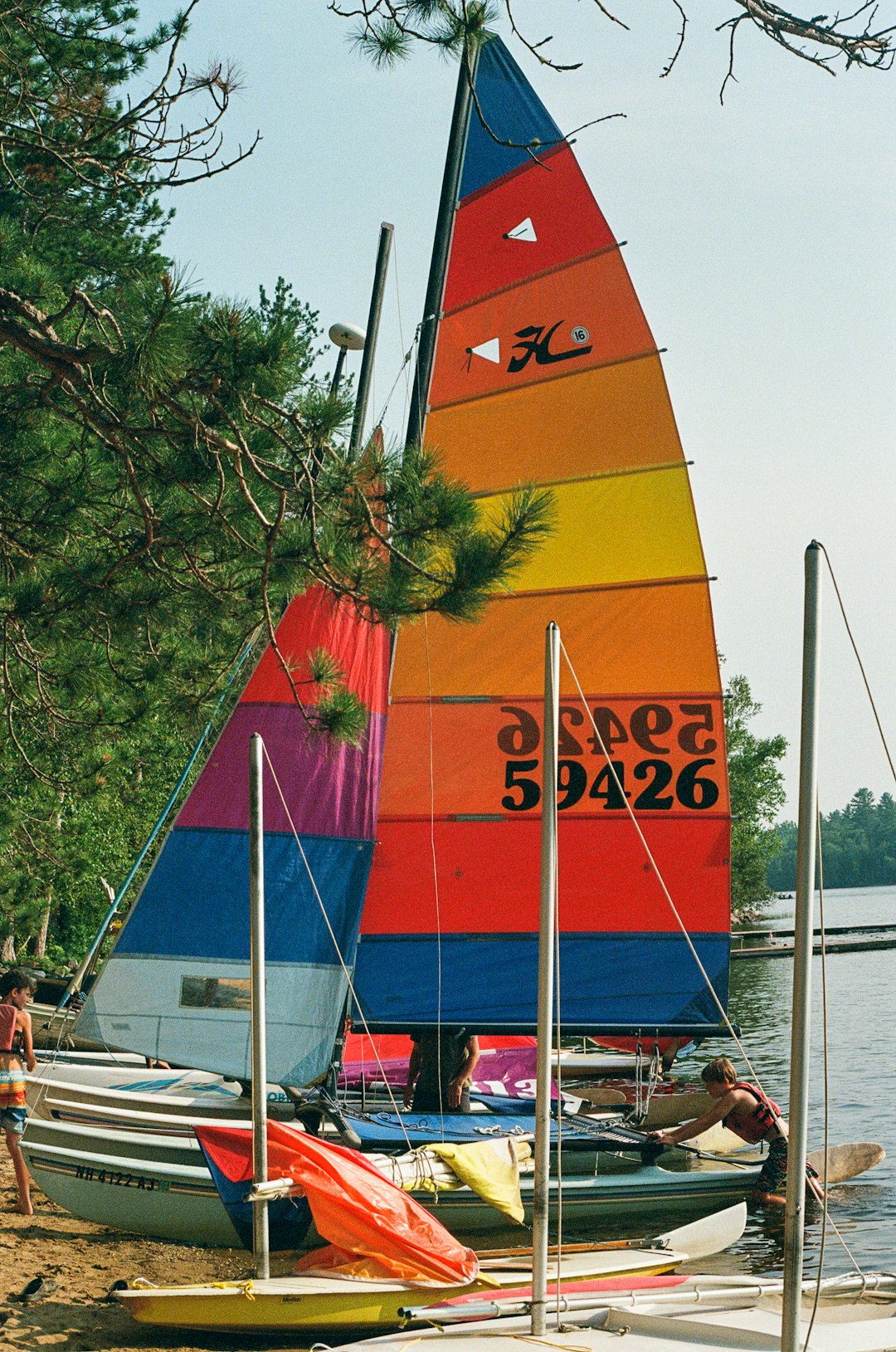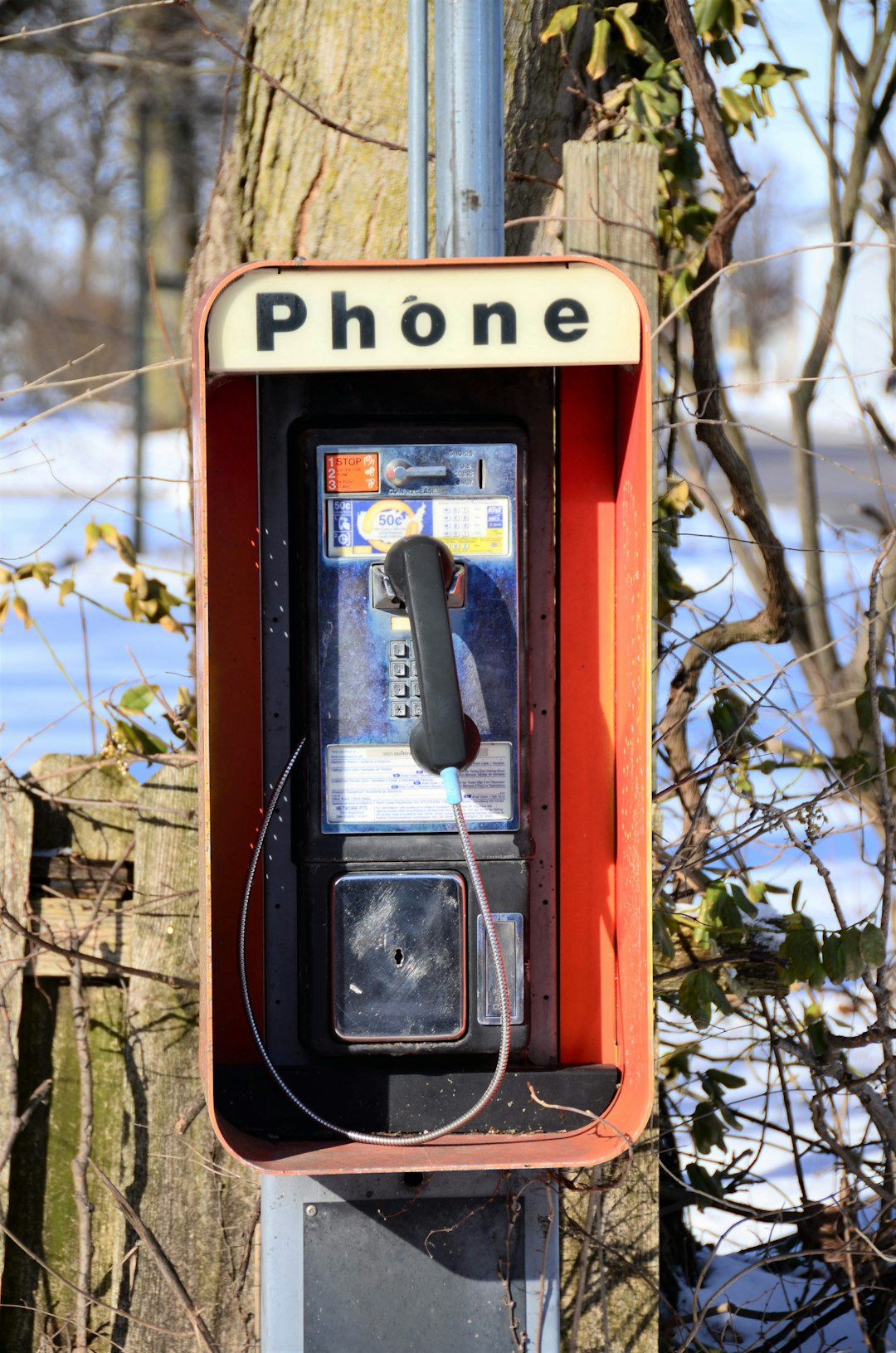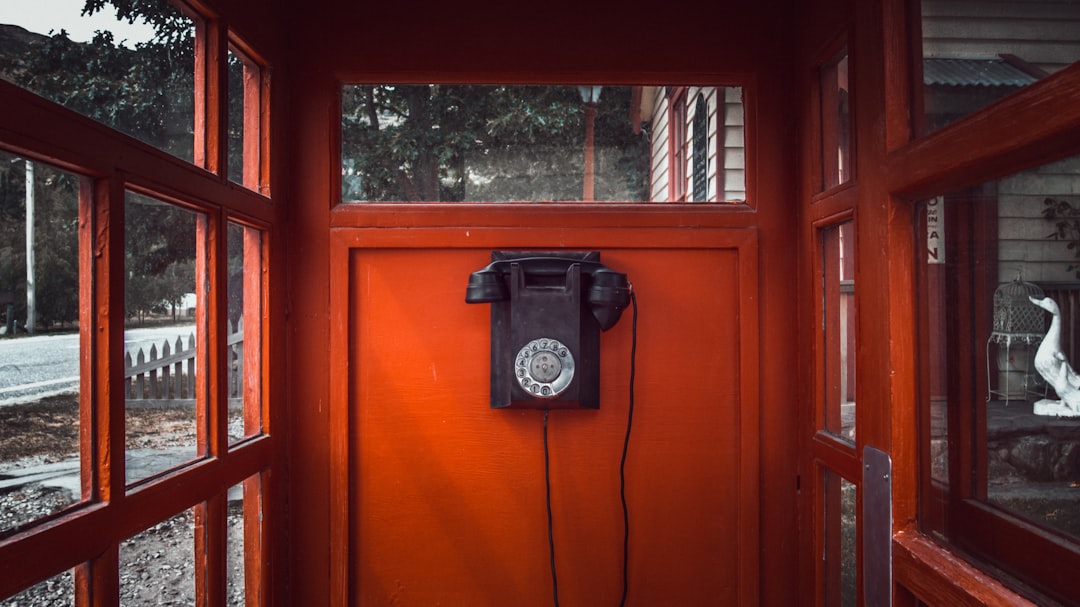Maine's travel and tourism businesses must navigate strict telemarketing regulations to protect consumers. Key rules include the "Do Not Call" list, clear caller identification, opt-out options, and restrictions on automated dialing and calling outside permitted hours. Businesses should ensure third-party telemarketers comply with these laws. By respecting privacy, securing consent, and adhering to call frequency guidelines, tourism operators can build strong customer relationships while avoiding legal issues, enhancing their online presence through SEO keywords like "Do not call Lawyer Maine," and fostering long-term industry growth.
In Maine’s vibrant travel and tourism industry, effective telemarketing is crucial for reaching potential visitors. However, navigating the state’s unique regulations is essential to avoid legal pitfalls. This guide delves into the key telemarketing guidelines specifically designed for businesses in Maine’s travel sector. From understanding the legal framework, including rules around `Do Not Call’ lists for lawyers and law firms in Maine, to best practices and privacy considerations, this article provides valuable insights for fostering customer relationships while adhering to state laws.
Understanding Maine's Telemarketing Laws and Regulations

In Maine, telemarketing is subject to state laws and regulations that protect consumers from unwanted calls. It’s crucial for travel and tourism businesses operating within the state to understand and adhere to these guidelines, especially when considering services like lead generation or customer outreach. One key regulation to note is the “Do Not Call” list maintained by the Maine Attorney General’s Office. This list prohibits businesses from calling telephone numbers on it, with exceptions for specific types of calls like those from government agencies or non-profit organizations.
Additionally, Maine has rules regarding the content and timing of telemarketing calls. Calls must clearly identify the caller as a representative of a business and include an offer to opt-out of future calls. Moreover, certain practices are strictly prohibited, such as misrepresenting the purpose or nature of the call, using automated dialing equipment without prior permission, and making calls after 9 p.m. until 8 a.m., except under specific circumstances. Businesses should also avoid hiring third-party telemarketers unless they have established written agreements ensuring compliance with Maine’s telemarketing laws and regulations, including those related to the “Do Not Call” list.
Excluding Legal Services from Your Calling List: A Must for Maine Businesses

Maine businesses, especially in the travel and tourism sector, must adhere to strict guidelines when it comes to telemarketing practices. One crucial aspect is ensuring your calling list excludes legal services. This means avoiding calls to law firms, lawyers, or attorneys in Maine with a “Do not call” status.
Engaging in unsolicited calls to these entities can lead to legal repercussions and damage your business reputation. Remember, respect for privacy and compliance with regulations are essential to maintaining a positive image in the industry. Therefore, it’s vital to carefully curate your contact lists and steer clear of any numbers associated with legal professionals unless they have explicitly consented to receive such calls.
Best Practices for Effective and Compliant Telemarketing in Maine's Travel Sector

In Maine’s travel and tourism industry, effective telemarketing practices are crucial while adhering to legal guidelines. One of the most important rules to remember is to respect consumer privacy and avoid unwanted calls. Always ensure you have explicit consent from potential clients before initiating any outreach. This means never cold-calling residents of Maine, especially not with intent to sell travel services. Using a do-not-call list and adhering to state laws regarding call frequency and timing are essential best practices.
Additionally, clarity and transparency in communication are vital. Provide clear information about your company and the purpose of the call within seconds of making contact. Be prepared to answer questions about your services and be respectful of consumer choices if they opt not to engage. Remember, Maine residents have the right to refuse calls from travel agencies or any other telemarketers, so ensuring a positive experience while respecting their decisions is key to building a successful and compliant marketing strategy in this state.
Building Customer Relationships While Adhering to Do Not Call Lists

In the travel and tourism industry, building strong customer relationships is key to success, but it’s equally important to respect privacy and avoid unwanted contacts. One effective strategy to achieve this balance is to leverage technology that allows for targeted marketing while adhering to Maine’s strict Do Not Call laws. By ensuring your telemarketing practices comply with the guidelines set by the state, including proper registration and compliance with the “Do Not Call” registry, you can protect businesses and consumers alike from intrusive calls.
When engaging potential clients, focus on building trust and personal connections instead of cold-calling. A lawyer specializing in Do Not Call laws in Maine can provide valuable guidance on creating effective marketing strategies that respect consumer choices. By avoiding the use of automated systems or making calls to registered numbers without explicit consent, travel agencies and tourism businesses can foster long-lasting relationships with their customers, ensuring repeat business and positive word-of-mouth referrals while staying within legal boundaries.
Strategies to Enhance Tourism Promotion while Respecting Consumer Privacy

In the competitive world of travel and tourism, effective promotion is key to attracting visitors to Maine’s beautiful landscapes and vibrant communities. However, with strict consumer privacy laws in place, such as those regarding telemarketing, industry professionals must adopt strategies that respect individual rights while still driving economic growth. One approach is to focus on personalized, targeted marketing campaigns. By leveraging data analytics, travel businesses can identify specific demographics interested in Maine’s offerings without directly contacting every potential guest. This way, they avoid the ‘do not call’ lists often associated with aggressive telemarketing and build a positive reputation.
Additionally, creating engaging content that showcases Maine’s unique experiences can be a powerful tool. Instead of making cold calls, travel companies can invest in producing high-quality blogs, videos, or podcasts that highlight local attractions, culinary delights, and outdoor adventures. Sharing these through social media and email newsletters allows businesses to connect with potential tourists on their terms, fostering interest without infringing on privacy. This content-driven approach not only promotes Maine’s tourism industry but also ensures consumer satisfaction by providing valuable information in a non-intrusive manner.






